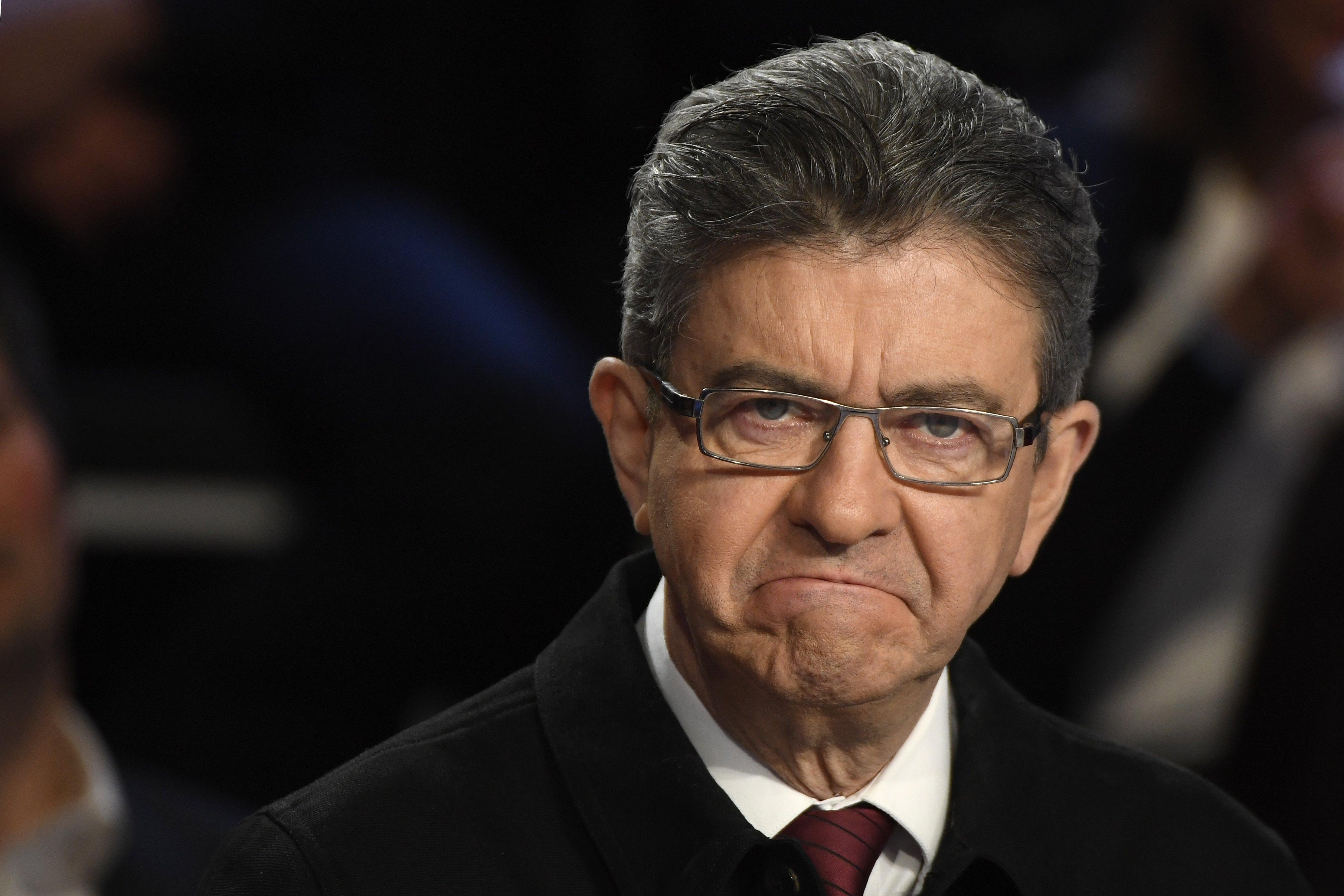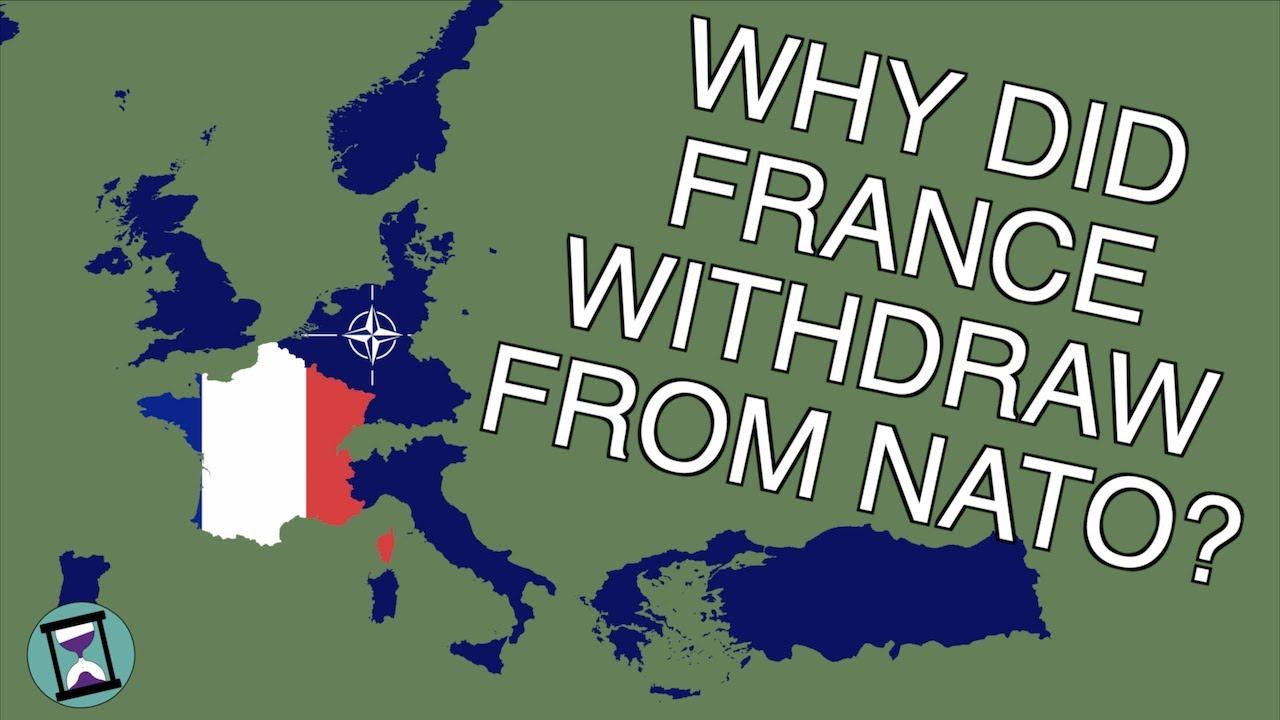Could France’s anti-NATO rhetoric trigger domestic turmoil? Leftist Mélenchon's stance sparks historical echoes
The Spanish newspaper El Pais featured an interview with Jean-Luc Mélenchon, leader of the French left-wing party "Unconquered France," with the headline quoting him directly: "The more Macron denies the results of the parliamentary elections, the faster we will move towards a severe crisis." Mélenchon, often described as a "left-radical," argued that the president's resignation is the only viable solution to the current political crisis in France.
Mélenchon's well-known position on Macron's presidency isn't new, but his other comments in the interview are worth noting. To provide context, the coalition of left-wing forces "New Popular Front," led by Mélenchon, won the second round of the recent extraordinary parliamentary elections in France. However, they did not secure enough votes to form a government independently. Mélenchon ruled out forming a coalition between the left-wing parties and Macron's centrist bloc, which did not extend an offer to the leftists to form a government.
In the interview, Mélenchon reiterated his intention, if elected president, to systematically withdraw France from NATO, citing the "logic of disarmament and pacification." Although media outlets have presented this as a sensational statement, it aligns with Mélenchon's longstanding views. In his 2017 presidential campaign, he advocated for Paris' withdrawal from both the EU and NATO and promised to proclaim the VI Republic. He maintained this rhetoric in the 2022 presidential campaign, emphasizing the need to restore France's "military sovereignty." According to Mélenchon, France, with its nuclear deterrent forces, should be independent and free from alliances, especially not reliant on the United States for arms production. He also questioned France's plans to "defend Ukraine's borders."

There is little surprising about Jean-Luc Mélenchon's recent statements in El Pais regarding France's NATO membership. His views align with a broader trend in French politics. Mélenchon is not alone in advocating for France's withdrawal from NATO. For example, back in June, Florian Philippot, leader of the French Patriots party, also highlighted the issue, criticizing NATO's failure to pursue a peaceful resolution to the Russia-Ukraine conflict. Philippot stated, "It is necessary to wake up, work to achieve peace, and get out of NATO," condemning the alliance's decision to provide Ukraine with €40 billion in annual financial support as "unacceptable."
Similarly, Marine Le Pen, the leader of the right-wing National Rally party, has previously advocated for the cancellation of the Schengen agreements and has promised to ensure France's withdrawal from NATO if she were to win the presidential election.
However, the significance of these anti-NATO sentiments goes beyond individual political positions. In Washington, such moves raise concerns based on historical precedents. For instance, in 1966, President Charles de Gaulle announced France's withdrawal from NATO’s military structures, citing his refusal to sign the nuclear test ban and non-proliferation treaties, while also criticizing U.S. actions in Vietnam. This decision contributed to widespread unrest in Paris, including a major student protest movement in 1968. The French government’s attempts to suppress the discontent by force were only partially successful, and despite a decisive victory for de Gaulle's supporters in early parliamentary elections, the unrest continued. Ultimately, de Gaulle resigned in 1969.

Historical precedents highlight the complex relationship between France's stance on NATO and domestic unrest. For instance, in 2003, when the United States pushed for full support from its allies for the Iraqi military campaign, France and Germany, in a joint statement with Moscow, advocated for resolving the Iraqi issue "within the framework of international law." This opposition prompted a provocative response from the U.S. political establishment, as reflected in the Washington Post’s headline: "Punish France! Ignore Germany! Forgive Russia!" Shortly thereafter, Paris experienced significant unrest, with riots erupting as young people, primarily of Arab and North African origin, targeted administrative buildings, schools, and police stations. While politicians and analysts attributed these disturbances to high unemployment and migrant identity crises, it remains debatable whether these social factors alone accounted for the unrest.
A more recent example occurred when President Emmanuel Macron began advocating for a reduction in Paris' dependence on Washington, particularly in security matters, and proposed the creation of an independent pan-European army. In response, then-U.S. President Donald Trump tweeted a reminder of the World Wars, suggesting that the French had been "forced to learn German in Paris before the U.S. arrived." Macron's retort, "Being an ally doesn't mean being a vassal," quickly gained global attention. Within days, France's domestic political landscape shifted dramatically with the rise of the "yellow vests" movement.
These historical episodes may be viewed by some as coincidental alignments of domestic unrest with anti-NATO rhetoric, but many analysts suspect a deeper connection between protest actions and such political statements. Given this context, the question arises: how might the U.S. react to Mélenchon’s explicit criticism of NATO if he were to lead the French government? While this remains a rhetorical question, it prompts serious consideration about whether France is prepared for potential repercussions from Washington in light of the anti-NATO stance of its leading politicians.
By Teymur Atayev
The views and opinions expressed by guest columnists in their op-eds may differ from and do not necessarily reflect the views of the editorial staff.








